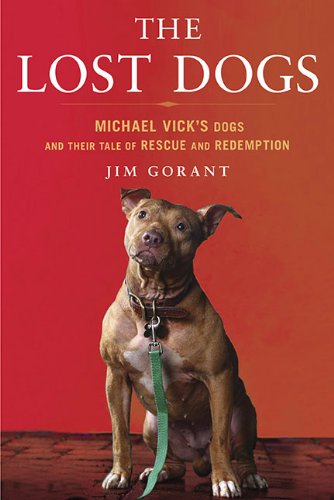
Extraordinary dogs is a collection of articles about dogs who assist human beings in an enormous variety of fields of life (and occasionally, as in the case of Scamp, who appears to recognise when nursing home residents are nearing the end of their lives; death). However it's much more than just a disjointed collection of anecdotes because each group of stories is introduced with a brief summary of the science that lies behind the dogs' abilities. It's not a book about dog training as such, but may benefit ordinary pet dogs by encouraging their owners to realise their need for mental stimulation and physical exercise.
We tend to think that of working dogs as belonging to just a few specialised breeds, but this book shows that talent exists in breeds as unexpected as the little Chinese Crested, Yorkshire terrier and Miniature Schnauzer.
For anyone who wants to find out more, there's a useful list of organisations consulted, together with their websites, but I felt it was a bit of a pity that there were no other suggestions for further reading, or references to the science involved.
The Channel 5 series it accompanies is on now.

